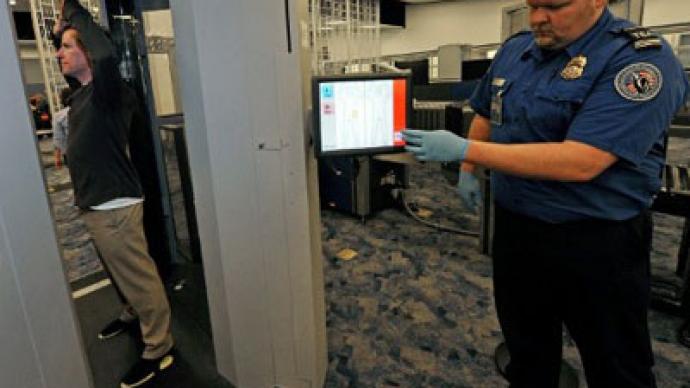The man hired by al-Qaeda to bomb a US airliner was a CIA informant, who provided the organization with the explosive device himself. However, American officials still fear a raft of new attacks on the country’s airplanes.
The man worked for the US and Saudi intelligence services, The New York Times quoted US and Yemeni officials as saying. The man was reported to have left Yemen, where he had been recruited by the Yemeni branch of al-Qaeda to carry out the suicide bombing. He not only assisted the CIA in foiling the plot, but also provided critical information to conduct a drone strike that allowed the agency to assassinate Fahd Mohammed Ahmed al-Quso, the branch’s external operations director and a suspect in the bombing of the American destroyer Cole in 2000.
Officials did not disclose the double agent’s identity, nationality, or the intelligence service that had recruited him, though they did say that it was not the CIA. The details of the plot were kept secret until after the agent and his family had been moved to safe locations.
US fears spate of new underwear bomber attacks after capturing ‘invisible’ device
Despite the failure of the plot, fears are growing that the bomb seized by the CIA could be just one of a large number of such devices.According to The New York Times, a senior law enforcement source said other similar devices could be deployed by other would-be bombers: "If they build one, they probably built more. That's the scary part."Speaking in New Delhi on the final day of a three-nation Asian tour, US Secretary of State Hillary Clinton said: "The plot itself indicates that the terrorists keep trying … to devise more and more perverse and terrible ways to kill innocent people." "It is a reminder as to why we have to remain vigilant at home and abroad in protecting our nation and in protecting friendly nations and peoples like India and others," Clinton said.The Yemeni branch of Al-Qaeda in the Arabian Peninsula was linked to the 2009 Christmas plot, in which a plastic explosive hidden in a Nigerian man's underwear failed to detonate on a plane headed for Detroit. It is also suspected of orchestrating a 2010 attempt to blow up cargo planes heading to the United States with explosives concealed in printer cartridges.
The FBI said on Tuesday that investigators were examining an explosive that appeared to be a revamped model of the bomb used in the failed Christmas Day plot of 2009. The new device did not contain metal, meaning it probably could have passed through an airport metal detector. Experts are working to find out whether the new body scanners used in many airports would have detected it.There were no immediate plans to change security procedures at U.S. airports. But there are reports that last week the plot led the U.S. to order scores of air marshals to Europe to protect U.S.-bound aircraft. The plot hatched by the Yemeni branch of Al-Qaeda in the Arabian Peninsula (AQAP) is believed to have been timed to coincide with the one year anniversary of the raid by US Navy commandos that killed Osama bin Laden at his Pakistan hideout.The latest conspiracy confirmed AQAP as a mounting danger that has gained ground because of unrest in Yemen, officials said.The White House and other government agencies say the foiled plan was uncovered at an early stage, and at no point was the public in any real danger.Senator Dianne Feinstein, who heads the Senate Intelligence Committee, told reporters Monday night that she had been briefed earlier in the day about an "undetectable" device that was "going to be on a U.S.-bound airliner."According to Reuters, senior Yemeni officials say their government has no information on the alleged plot.

